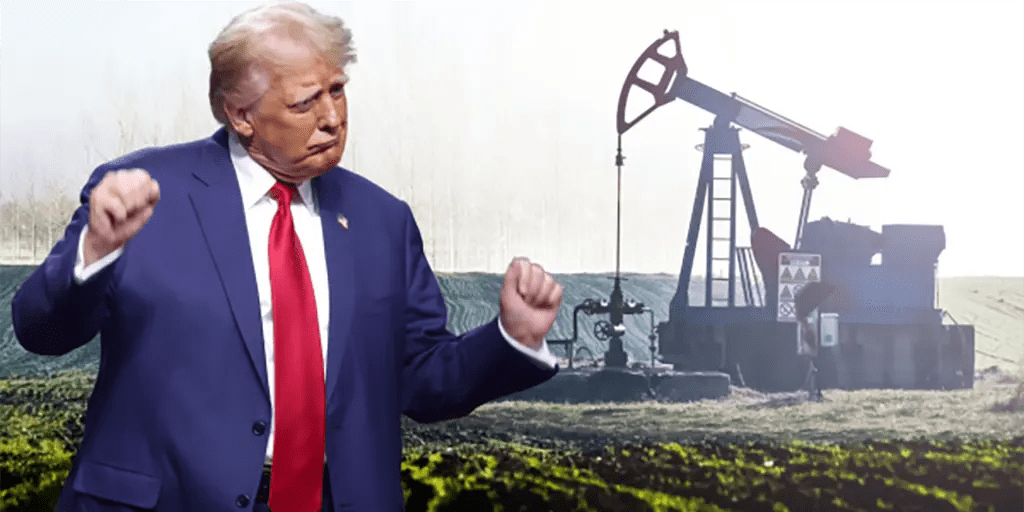Essay by Eric Worrall
Apparently Trump should have told voters how climate change drives inflation.
A ‘doom loop’ of climate change and geopolitical instability is beginning
Published: December 9, 2024 11.21pm AEDT
Laurie Laybourn Visiting Fellow, Global Systems Institute, University of Exeter
James Dyken Associate Professor in Earth System Science, University of ExeterIt is a common refrain to say that geopolitics gets in the way of climate action. From the war in Ukraine to trade tensions, each year seems to bring another immediate priority that diverts focus from the imperative to act on climate change.
…
This is a vicious circle. Climate change is making geopolitics less stable, which harms climate action. This will worsen climate change, meaning more geopolitical instability, and so on. The risk is that this “doom loop” runs faster and faster and ultimately derails our ability to phase out fossil fuels fast enough to avoid the worst climate consequences.
…
Climate-flation
The recent election of Donald Trump offers a potential case study of how this doom loop could be beginning to emerge.
…
In the years leading to the election, the US experienced its highest rates of inflation in over four decades. While inflation eventually fell, many Americans couldn’t cope with far higher prices. Trump made inflation a major focus of his campaign and it’s clear it played a role in his victory. What he didn’t mention was how climate change is increasingly a factor driving inflation.
…
At the moment, the link between climate change, inflation, and politics is a “weak signal” of how the consequences of climate change can frustrate our collective ability to tackle the causes of climate change. In a recent academic paper, we called this “derailment risk”, the risk that the world ultimately cannot stick to a path that rapidly phases out fossil fuels and avoids the worst climate outcomes.
…
Read more: https://theconversation.com/a-doom-loop-of-climate-change-and-geopolitical-instability-is-beginning-244705
I just can’t get past the fact 10s of thousands of kids will have their understanding of the world shaped by these people.
On one hand they claim people are overlooking the impact of climate change on inflation. Then they immediately go on to say climate change is a weak signal.
Of course people are overlooking climate driven inflation if it is a weak signal. The majority of the inflation people are currently experiencing clearly has other causes, such as skyrocketing energy prices caused by punitive climate activist political attacks against fossil fuel companies.
The obvious followup question is, will global warming become a strong signal on any timescale any of us care about?
A quick glance at Earth’s paleo history shows us how unlikely it is that climate change will ever be an issue we need to care about, on any reasonable timescale.
For starters, the Earth is currently way too cold, not too hot. We are all locked in the Late Cenzoic Ice Age, an ice age which began 34 million years ago, and shows no signs of releasing its grip. The Earth has thrived in much warmer conditions than today, and with much higher CO2 levels than today. There is substantial evidence the biomass carrying capacity of the Earth has been substantially degraded by the current ice age, compared to previous warm epochs.
In an ice age like the Late Cenzoic we are currently experiencing, ice is a far greater threat than global warming. Don’t be fooled by the current interglacial, the last glacial maximum was so severe, it may have come close to being an extinction level event.
As we approach the end of the Holocene, we shouldn’t be worried about shaving undetectably small fractions of a degree off global temperature, we should be worried about today, here and now, and what we can do to remove obstacles to prosperity and economic well being.
If we pay any attention to the long term at all, that attention should be directed to ensuring the ice never again threatens to extinguish all life on Earth – a far greater long term problem than whether your rose garden blooms a few weeks earlier than normal.
Related


